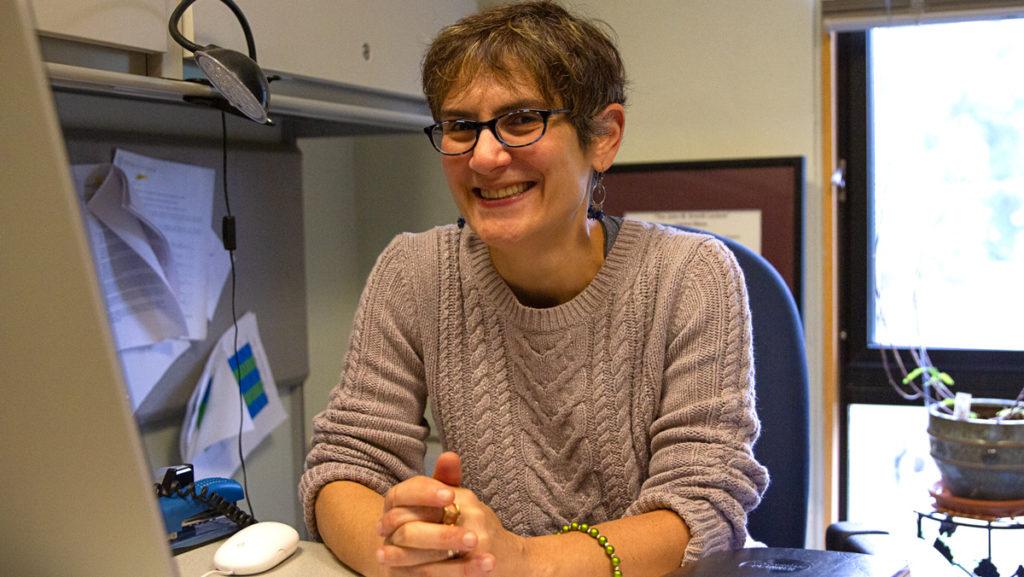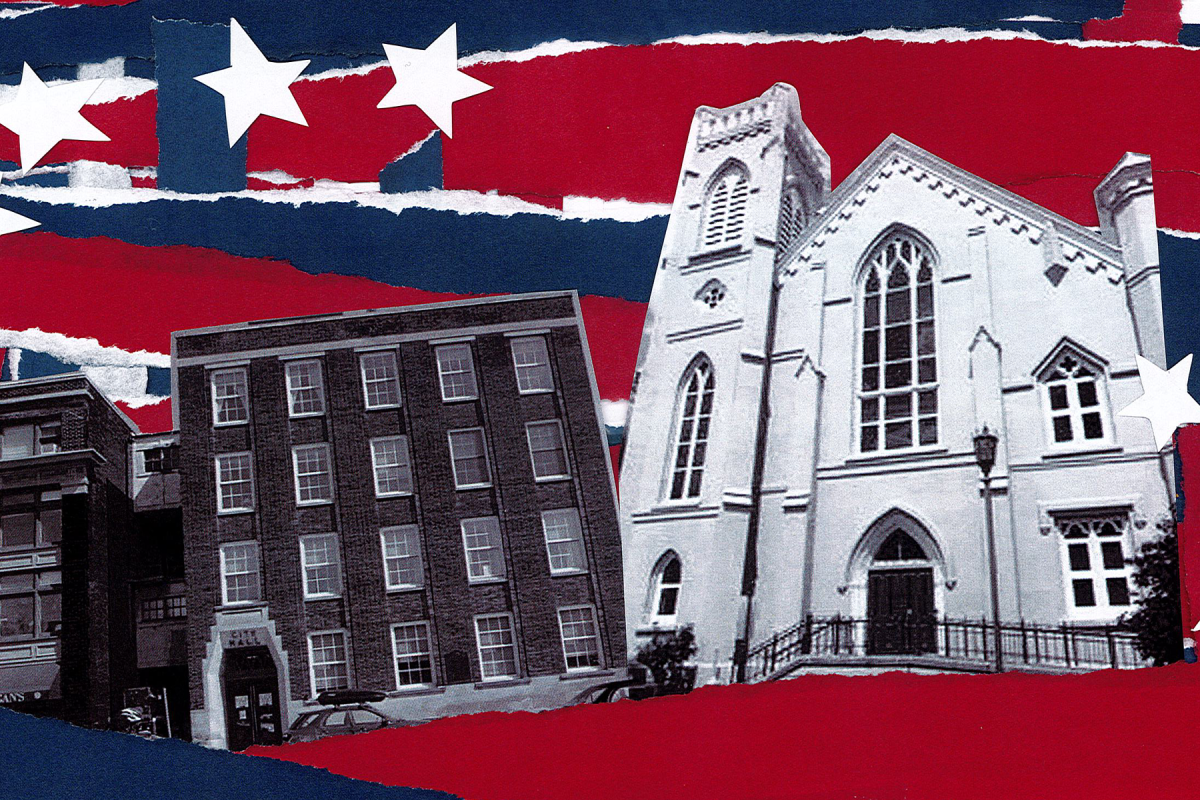Maria DiFrancesco, professor in the Department of Modern Languages and Literatures, will become the director of the Exploratory Program starting January 2020.
DiFrancesco will be taking over the position from Elizabeth Bleicher, interim chair of the Department of Education and current director of the Exploratory Program. As a first-generation college student herself, DiFrancesco currently serves on the Ithaca Firsts Committee and teaches New Worlds and Explorations, a first-year seminar class. She also teaches Exploring the Options: Finding Purpose and a Path in College, a seminar class for exploratory students.
Contributing writer Emily Hung spoke with DiFrancesco about her plans for the Exploratory Program.
This interview has been edited for length and clarity.
Emily Hung: Why were you interested in being the next director of the Exploratory Program?
Maria DiFrancesco: I was interested in being the next director of the Exploratory Program because I was in college as a first-generation student. No one in my family had ever gone to college, and I really didn’t know what my options were. Originally, the areas in which I wanted to concentrate studies weren’t really supported in my family. Education was really important, though. They wanted me to have an education. And so I chose a major, which I really, really loved and enjoyed, which was English. But my heart wasn’t really here, and it’s actually one of the reasons that I chose to study Spanish literature. I didn’t get there until two years later, so in other words, I didn’t even really consider or know what my options were. My way through college would have been so much easier had I had some support. That was really one of the reasons I wanted to pursue this.
EH: Can you speak about the first-generation student experience and how you intend to support first-generation students?
MD: I’ve been very upfront with the people so far that I’ve spoken with and seeing that the Exploratory Program doesn’t necessarily distinguish between types of students nor necessarily should it. But I think that first-generation students are students that need more attention because they sometimes haven’t had the same kinds of opportunities. I just want to make … an accessible and equitable playing field.
EH: I understand you have taught classes in the program, so could you tell me what you enjoy about working with exploratory students?
MD: What I enjoy working with those students is the fact that they come in knowing that they don’t know, and they are really willing and excited to look at this as an adventure. I love being able to advise students in terms of that sort of close connection that faculty members and students can create. … I get to know my students really well.
EH: What do you think are the strengths of the Exploratory Program?
MD: I think the strengths of the Exploratory Program are giving the students the tools they need to assert themselves in important ways. So they need to learn how to do the research to figure out where they want to go and how they want to get there. They learn how to map effectively the four years of their experience here at the college. They also figure out how to make the connection, so that the transition from the undergraduate’s experience and their past experience is one that will lead them to success.
EH: What are the future goals you have for the Exploratory Program?
MD: In a very short term, one of the things that I will be doing is revamping the syllabus for the exploratory Exploring the Options course. It’s revised from year to year, but we need to holistically look at it from a team perspective and look at all the different people who share in the hope of really guiding exploratory students. … In terms of long-term goals, I think I would really like to see students work more integratively that first two years, doing some research that is reflected in the process. It can be in some sort of scholarly way, so it can be showcased. I think students who stay those first two years have a rich experience, and that experience should be showcased in a way that shows how much they’ve learned and just how much they’ve grown.








